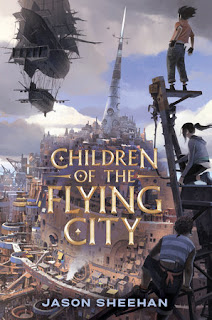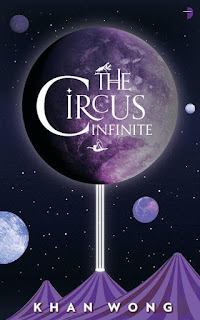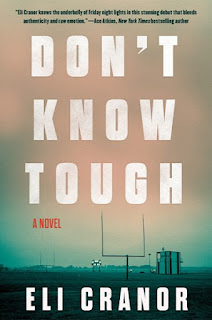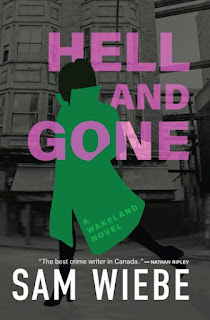
She applied the Page 69 Test to her new novel, Fencing With the King, and reported the following:
Page 69 of Fencing With the King contains a moment from Amani, the main character’s childhood, when she told a nun that her grandmother was her guardian angel. The nun, who’s an uptight sort, is scandalized by this. She complains to Francesca, the child’s mother, that her daughter is breaking the rules of Catholicism and that people can’t be guardian angels.Learn more about the writer and her work at Diana Abu-Jaber's website.Francesca didn’t stop tapping her pen until the nun had finished explaining about how wayward and recalcitrant Aman often seemed, her strange ideas, the time she told class that the communion host was made of paper, and how sorry Sister was for her loss, but angels were divine intermediaries, untainted by the physical world: Francesca’s mother could not strictly be considered a guardian angel.This page is a flashback, so while it does reveal important information about Amani’s upbringing and her relationship to her grandmother, it’s also somewhat anecdotal, a kind of break from the main narrative, meant to quickly and concisely insert information to help readers better understand Amani’s motives. This particular page 69 gives you a fair sense of the flavor of the book – its rhythms, tone, and dialog, as well as providing a little window into one of the central relationships, but strictly speaking, it might also be considered a bit digressive from the main plot line because it’s removed from it in terms of place and time.
It’s interesting to look at this page in part because one of the main underlying questions of Fencing With the King is whether it’s possible to have a relationship with someone you’ve never actually met. Amani’s grandmother died before she was born, yet Amani returns to Jordan in search of her grandmother’s story and to hunt down certain mysterious clues she left behind about her life. In many ways, this page 69 might be seen as another one of those secret clues.
The Page 99 Test: Origin.
--Marshal Zeringue



















